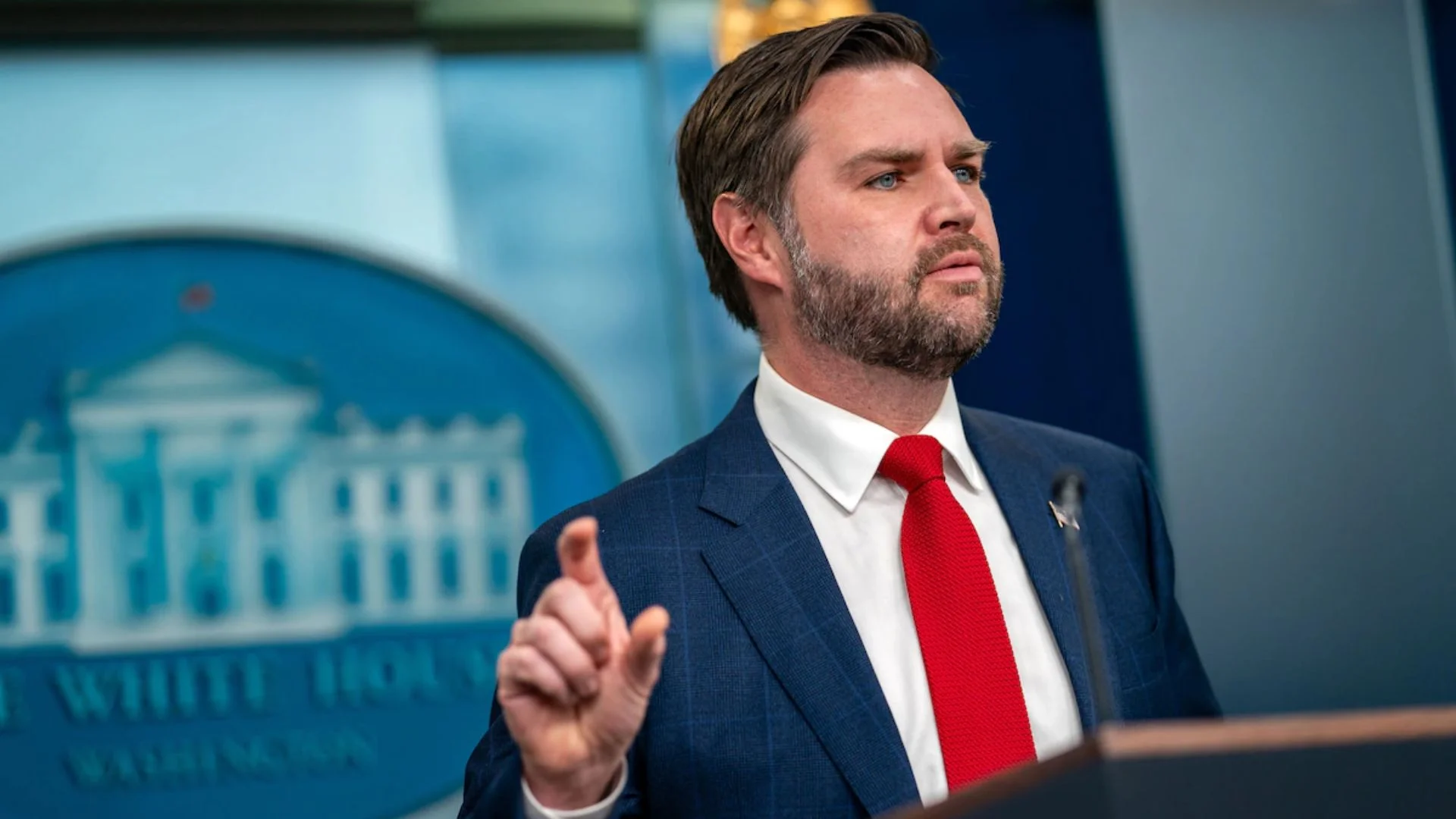Vice President J.D. Vance, during his visit to Greenland, reiterated the Trump administration’s stance on acquiring the territory from Denmark. Speaking at a press conference, he criticized Denmark’s handling of Greenland, stating that it had failed to invest adequately in the local population and security. Vance emphasized that this situation needed to change, echoing former President Donald Trump’s previous assertion that Greenland was essential for U.S. strategic interests.
Vance Promotes U.S. Security Role in Greenland but Faces Local Rejection
Vance argued that Greenland would be better off under the United States’ security framework rather than Denmark’s. While acknowledging the self-determination of Greenland’s people, he urged them to consider the benefits of aligning with the U.S. instead. He claimed that Denmark had neglected its security responsibilities, leaving American forces to bear the burden. According to Vance, the U.S. could provide stronger protection and investment in the region.

The vice president’s visit, however, did not go as planned. Traveling with his wife, Usha, and national security adviser Mike Waltz, among others, Vance faced a cold reception. Greenlandic officials and residents showed no interest in meeting with the delegation, leading to the cancellation of all scheduled local events, including a historic tour and a dogsled race. This lack of engagement highlighted the disconnect between U.S. ambitions and Greenlandic sentiments.
U.S. Pressures European Allies While Pursuing Strategic Control Over Greenland’s Future
Vance’s push for Greenland reflects the Trump administration’s broader approach to European allies—one that demands greater contributions from them while questioning their commitments. The administration has been critical of European nations for their stance on global security, particularly regarding threats from Russia and China. Greenland has now become another point of contention in the shifting dynamics of U.S.-Europe relations.
The situation underscores a growing pattern in U.S. foreign policy under Trump’s leadership, where alliances are reassessed based on strategic and financial considerations. The push for Greenland not only challenges Denmark’s authority but also signals Washington’s increasing focus on securing geopolitical advantages in the Arctic. Whether this strategy will succeed remains uncertain, especially given the resistance from Greenland’s leadership and people.


